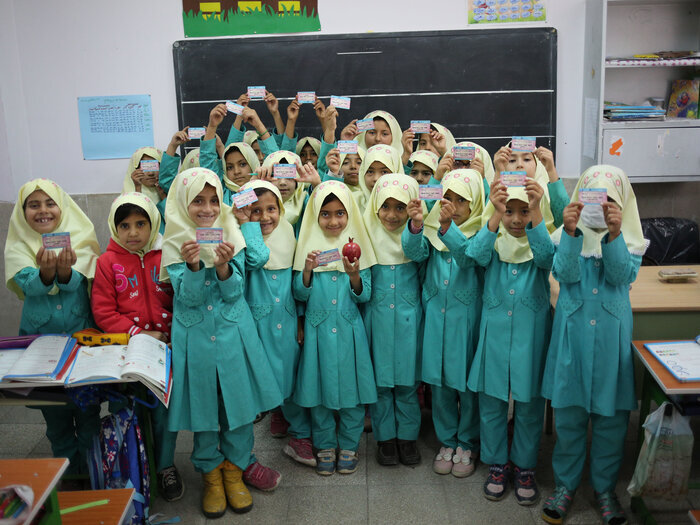WFP releases annual report on Iran

TEHRAN – The World Food Program has released its 2022 report on Iran based on Interim Country Strategic Plan (2018-2023).
Iran was one of the most affected countries by the COVID-19 pandemic. While the pandemic gradually abated and restrictions were lifted by mid-2022, the country continued to struggle with its severe negative socio-economic impacts, the report said.
In mid-2022, the Government decided to cut subsidies from staple food items. As a result, the prices of meat and poultry, dairy products and cooking oil increased fourfold overnight.
Inflation and increased prices of basic food commodities combined with local currency devaluation and reduced job opportunities due to a stagnating economy have significantly reduced purchasing power of vulnerable groups including refugees.
Against this backdrop and despite the tightening of trade restrictions and external barriers, WFP Iran succeeded in meeting its plan of supporting over 32,000 refugees living inside 20 settlements with unconditional food assistance through a combination of locally procured in-kind food and cash-based transfers.
Through WFP's school snacks program, all 8,800 refugee boys and girls (49 percent girls) at primary and junior high schools and 625 Iranian teachers (30 percent women) received school snacks for every day of school attendance to support their education and nutrition.
All 2,800 girls at primary and junior high schools also received cash incentives to support their education throughout the school year.
WFP pre-positioned ready-to-eat food items at two transit/reception points close to the western border with Afghanistan, in anticipation of potential new arrivals from Afghanistan, to cover their immediate food needs during their registration.
In response to the flash floods that hit the country, WFP provided 5,000 emergency family food packs procured locally to 20,000 affected Iranians in the four southern provinces of Fars, Hormozgan, Kerman, and Sistan-Baluchestan. WFP delivered the packs to its cooperating partner, the Iranian Red Crescent Society (IRCS), in March 2022 for distribution to the communities.
Following the ease of COVID-19 movement restrictions in May, in-person office attendance and travel to the field resumed fully after almost two years of remote work.
WFP continued to play an active role in the interagency fora such as the United Nations Country Team, the Regional Response Plan (RRP), the Interagency Cash Working Group, and the Livelihood Working Group.
WFP also continued its fruitful cooperation with its partners, including the Bureau for Alien and Foreign Immigrant Affairs (BAFIA), UNHCR, IRCS, and international NGOs such as Relief International and NRC, across different forums and scopes.
MG
